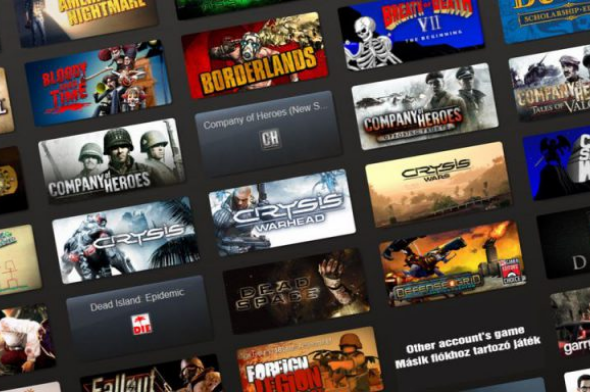Connection to DriversCloud Create a DriversCloud.com account Reset your DriversCloud.com password Account migration
When Valve decides to stop support for Windows 7 and Windows 8 on Steam
Never a good news for the users of any software.
Valve is the publisher of a few video games such as Counter-Strike Global Offensive, Half-Life 2 or Portal, but is now better known for managing the number one video game platform on PC, Steam. A platform that hardly has any competitors to match, but which is sometimes at the heart of controversies. The latest one is linked to the recent announcement published by Valve on the official Steam website: an announcement that can be summed up in a few lines, but that will bring tears to the eyes of the (rare?) users concerned.
Indeed, Valve announces nothing less than the end of support for several old Microsoft operating systems. This includes Windows 7 (released in 2009), Windows 8 (2012) and Windows 8.1 (2013). However, things actually go beyond simple support, since according to Valve, it will simply no longer be possible to launch any game from any of these three operating systems: " after this date [January1, 2024], the Steam client will no longer launch on these versions of Windows. To continue using Steam and any game or other product purchased through Steam, users will need to have a newer version of Windows. A termination of service that Valve links to certain features of the Google web browser, stating that the Steam client " relies on an integrated version of the Google Chrome browser that no longer works on older versions of Windows.
This is obviously not a first for Valve and, in 2019, there was talk of abandoning Windows XP and Windows Vista. In addition, it must be recognized that the move to Windows 10 is not very restrictive and that it is in some ways the direction of history. Valve also insists that future versions of the Steam client " will require Windows features and security updates that are only present on Windows 10 and above ". We can also point out that less than 2% of Steam users are still on Windows 7, 8 or 8.1. That said, and this is the problem with a dematerialized service like Steam: the changes are decided by Valve and the user, although he buys the games, may find himself unable to play them without having much say in the matter.






